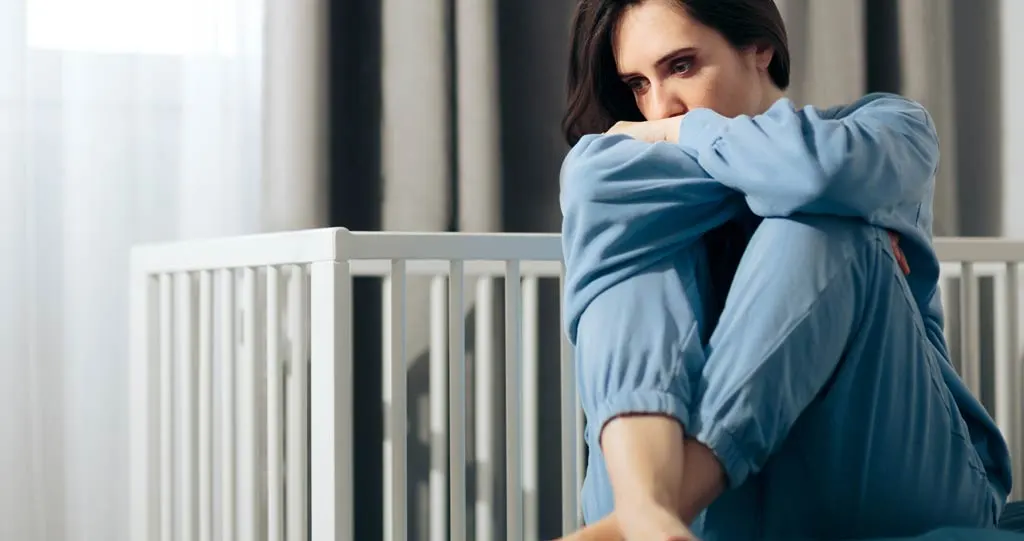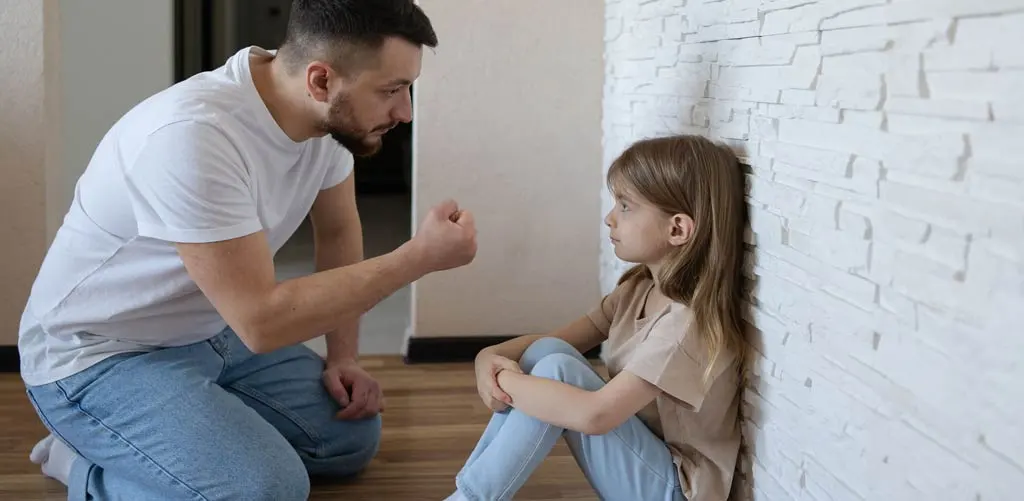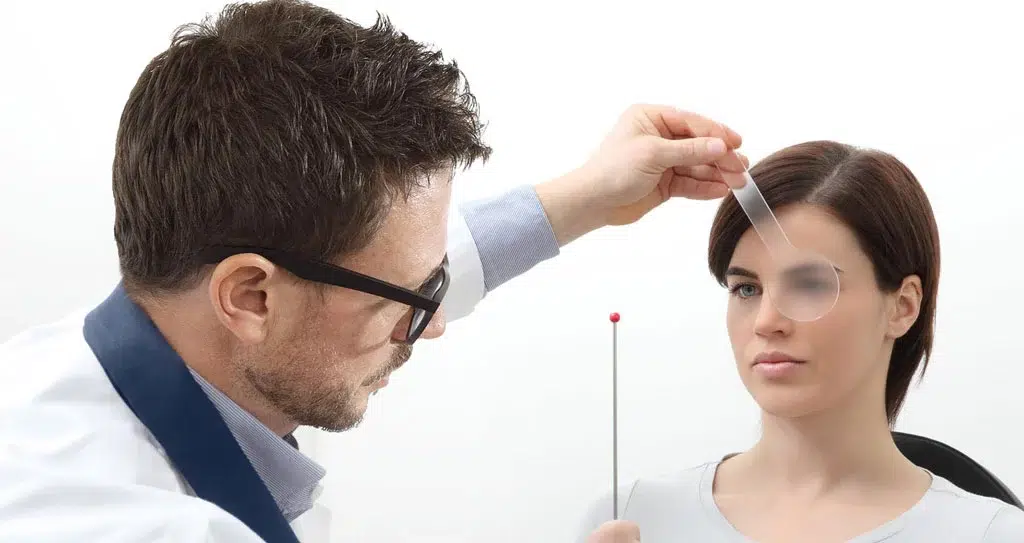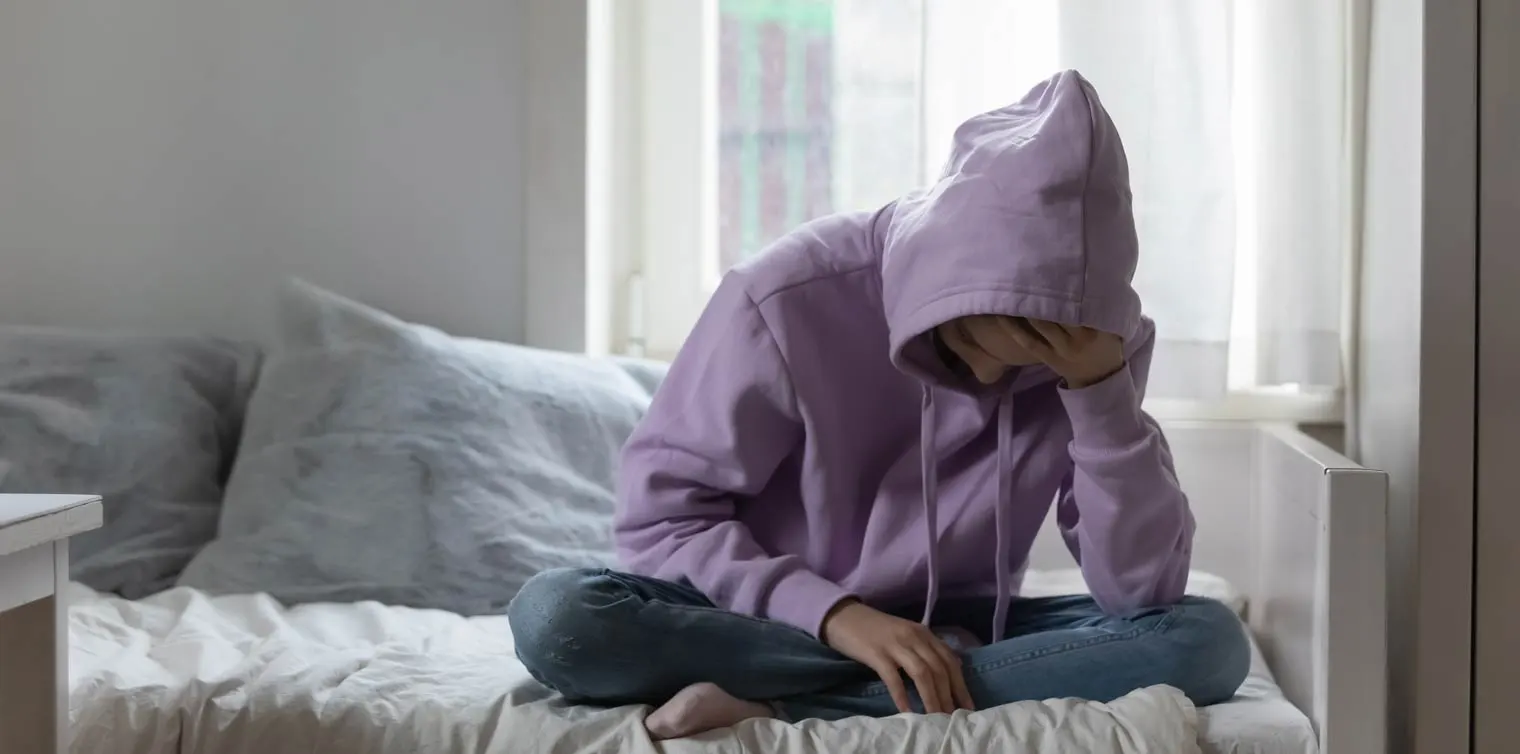
14 Signs of Repressed Childhood Trauma in Adults
What is trauma?
Table of Contents
When we think of trauma, we often think of major events like natural disasters, car accidents, or physical abuse. But adverse childhood experiences can also be caused by more subtle things like neglect or emotional abuse, making the signs of repressed childhood trauma all the more important to know. And sometimes, the effects of adverse childhood experiences can stay with us into adulthood.
Childhood trauma can have a number of different signs in adults. For some people, it manifests as mental health disorders like anxiety or depression. Others may have trouble with relationships or struggle with addiction. And many people who have experienced traumatic events will have flashbacks or nightmares.
In this article, we discuss the various forms of childhood trauma, as well as the problems they can cause in adulthood. We also look at the different forms of therapy and mental health services that can be beneficial for people suffering from these problems.
Keep reading for more information on repressed childhood trauma and associated mental, and how Emerald Isle Health & Recovery can help!
Free Mental Health Assessment – Call Now!
Signs of repressed childhood trauma in adults
Some signs of repressed childhood trauma in adults are apparent, others are not so clear. Reading through this list may give you an idea of whether you have repressed trauma. Remember that getting a professional opinion is always the best way of figuring out if you have trauma or other mental health issues.
Anxiety disorders
Childhood trauma can lead to anxiety disorders in adulthood for a number of reasons. First, traumatic experiences often create feelings of insecurity and mistrust, which can make it difficult to form healthy relationships. This often has the knock-on effect of causing problems in work or school environments.
Trauma leads to changes in the brain that make it more difficult to regulate emotions. This makes it hard to cope with stressors in everyday life, leading to anxiety and panic attacks. People who have experienced trauma often have difficulty sleeping, which can further increase anxiety levels.
Depression
Depression is another sign of repressed childhood trauma in adults. It occurs particularly when the trauma is severe or long-lasting. Trauma can cause changes in the brain that lead to depression, as well as feelings of hopelessness and helplessness. People who have experienced trauma often struggle with sleep and appetite, which further contributes to depression.
Therapists help people who are struggling with depression due to repressed childhood trauma by providing support, guiding the patient to process the trauma, and teaching coping skills.
Dissociative Episodes
Dissociative episodes among adults with repressed childhood trauma are characterized by a sense of detachment from one’s surroundings and oneself. These episodes vary in intensity and may last for a few minutes or several hours.
During a dissociative episode, individuals may feel as if they are observing their own body from outside of themselves or as if they are in a dream-like state. Additionally, dissociative episodes can cause memory loss and difficulty concentrating. Some individuals may also experience changes in their sense of time or space.
Reasons for Disassociate Episodes in Trauma Sufferers
One of the most likely reasons that repressed childhood trauma leads to dissociative episodes in adulthood is that the individual never learned how to properly process and deal with the trauma. This leads to the individual feeling as though they are constantly reliving the childhood trauma, which can be extremely distressing.
Additionally, if an individual does not have a support system in place to help them deal with the trauma, they may start to dissociate from reality as a way of coping. This may eventually lead to chronic dissociation, which can be particularly challenging to overcome.
Low self-esteem

Childhood trauma can lead to a number of mental health problems in adulthood, including low self-esteem. This symptom is defined as having a negative view of oneself, feeling unworthy or unlovable, and lacking in confidence. It is often the result of feelings of shame and worthlessness that are developed in childhood.
Experiences of childhood trauma such as abuse, neglect, or witnessing violence can cause these feelings, and often lead to a number of problems in adulthood, including depression, anxiety, and substance abuse. It can also make it difficult to form healthy relationships and make it hard to cope with stress.
Anger
There are a variety of reasons why repressed childhood trauma causes anger in adulthood. One reason is that when individuals repress their emotions, they are essentially pushing down any negative feelings they have. This can lead to those emotions eventually boiling over and manifesting as anger.
Anger reactions are often an unconscious decision, as the individual isn’t sure what feelings they are unable to express, which keeps the reactions to their adverse childhood experiences bottled up. Repression of trauma can also lead to difficulty in regulating emotions, which can result in intense mood swings.
Hypervigilance
Hypervigilance is a symptom of repressed childhood trauma because it is a way for the individual to protect themselves from feeling overwhelmed by their emotions. When a person is hypervigilant, they are constantly on the lookout for any potential threat or danger, which can lead to them feeling stressed and anxious.
Hypervigilance is a way for individuals to try to protect themselves from these emotions and memories, but it can also lead to further distress and anxiety. This is one common sign of repressed childhood trauma in adults that is sometimes subtle, but ultimately a clear indicator that they have something hidden that they are struggling to deal with.
24 Hour Mental Health Hotline – Get Help Now
What can cause childhood trauma?
There are many different causes of childhood trauma. Some children experience abuse, either physical, emotional, or sexual. Others witness violence, such as domestic abuse or gang activity.
Still others suffer from neglect or have a parent with a substance abuse problem. Children who experience any of these traumas may develop post-traumatic stress disorder (PTSD), which can lead to a number of emotional and behavioral problems.
Forms of Abuse
There are many forms of childhood abuse that can cause repressed childhood trauma in adults. Physical, sexual, and emotional abuse can all lead to long-term mental health issues in adulthood. Victims of childhood abuse often struggle with trust issues, anxiety, depression, and post-traumatic stress disorder.
Physical abuse

Childhood physical abuse takes many different forms. It can be anything from slapping or hitting to more serious forms of violence like kicking, choking, or burning. It can sometimes involve someone using weapons like knives or guns. This form of abuse often leads to feelings of intense fear, shame, and insecurity. It can make it difficult to trust other people, and leads to problems in relationships.
Sexual abuse
Sexual abuse is any form of sexual violence, including rape, child molestation, incest, and sexual harassment. It’s important to remember that sexual abuse can happen to anyone, regardless of age, gender, or background. Children who are sexually abused often feel ashamed, confused, and scared.
They may blame themselves for the abuse, thinking that they could have prevented it or that they somehow deserved it. It’s important for survivors of child sexual abuse to understand that the abuse was not their fault and that they can get help.
Emotional abuse
Emotional abuse of children can refer to a wide range of behaviors that parents or caregivers use in order to control, intimidate, or otherwise manipulate a child. These can include things like yelling, name-calling, put-downs, criticism, and threats.
Emotional abuse can also involve more subtle actions, such as withholding love or affection, or preventing a child from engaging in positive activities. While emotional abuse can have short-term effects, such as low self-esteem or anxiety, it can also lead to long-term problems like depression, substance abuse, and even suicide.
Neglect as a Child

Neglect is a form of child abuse, and it can have serious and long-lasting effects on a child. Neglect can be physical, emotional, or medical. It can have serious and long-lasting effects on a child’s physical, emotional, and social development.
Physical effects include problems with growth and development, poor nutrition, and increased risk of injuries and accidents.
Physical neglect
Physical neglect is a form of child abuse in which a caregiver fails to provide for a child’s basic needs, such as food, clothing, shelter, medical care, or supervision. Physical neglect can have serious and long-term consequences for a child.
Neglect can lead to problems with physical growth and development, mental health problems, and educational difficulties. Physical neglect also puts a child at risk for accidents and injuries.
Emotional neglect
Emotional neglect is often defined as a form of abuse in which the parent or caregiver does not provide the child with the emotional support that is needed. This can include neglecting to show affection, not providing attention or love, or consistently putting the child’s needs last.
Emotional neglect can have a lasting and detrimental effect on a child’s development and well-being, and may even lead to mental illness later in life.
Medical neglect
Suffering medical neglect means that a child is not receiving the medical care they need. This can be deadly for children, as their bodies are still developing and they are more vulnerable to diseases.
Medical neglect may also lead to developmental delays, as well as physical and emotional problems. Children who suffer from medical neglect often have a hard time trusting people and can have trouble in school. They may also have problems forming relationships.
Treatments for Unresolved childhood trauma

If you are showing signs of repressed childhood trauma, a mental health professional can help you to address these issues. They can provide you with support and guidance as you work through your repressed memories and emotions.
Treatment also offers coping and problem-solving strategies for dealing with the symptoms of unresolved childhood trauma. With the help of our mental health professionals at Emerald Isle, you can begin to heal the wounds of your past and move forward in your life.
EMDR therapy
EMDR therapy is a type of psychotherapy that uses eye movement desensitization and reprocessing (EMDR) to help people heal from unresolved childhood trauma. It is a relatively new therapy, having only been developed in the early 1990s. EMDR has been found to be an effective treatment for post-traumatic stress disorder (PTSD), and has also been shown to be helpful for other types of trauma, such as childhood abuse or neglect.
EMDR therapy is based on the idea that our brains are able to process information and heal from trauma more effectively when we are in a state of emotional regulation. When we experience traumatic events, our brains can become “stuck” in a state of hyperarousal, where we are constantly on guard and relive the traumatic memories over and over again. This method is thought to help “unstick” these memories so that they can be processed and healed.
Cognitive processing therapy
Cognitive processing is a type of therapy that can help people deal with repressed childhood trauma. This type of therapy can help people to process their thoughts and emotions in a more effective way. It can also help people to understand how their thoughts and emotions are impacting their behavior.
This type of therapy is often helpful for people who have been through adverse childhood experiences because it can help them to understand their thoughts and emotions and how they are affecting their lives.
Prolonged exposure therapy
Prolonged exposure therapy is a type of treatment that can help people who have experienced childhood trauma. This therapy involves guiding people to process their memories and to reduce their avoidance of reminders of the event. Prolonged exposure therapy can be done in individual or group sessions.
Exposure therapy typically involves talking about the event, listening to recordings of the event, and imaginal exposure. Imaginal exposure involves imagining the event as if it is happening again. This treatment is often challenging, but it can be very helpful for people who have experienced childhood trauma.
Immediate Placement for Mental Health Treatment
Childhood trauma: You’re not alone
If you or someone you know is showing signs of repressed childhood trauma, know that you’re not alone. Childhood trauma is quite common among adults. Many adults have experienced some form of trauma in their childhood, whether it was physical, sexual, or emotional abuse, neglect, or even witnessing violence. This trauma is often repressed, or buried deep in the subconscious mind, and may not be remembered until later in life.
Treat repressed childhood trauma at Emerald Isle
There are many ways to treat repressed childhood trauma, but it is important to find a setting such as Emerald Isle, where our clinicians are experienced in dealing with this type of issue.
For more information about the signs, the causes, and the treatments of repressed childhood trauma, contact Emerald Isle Health & Recovery today!








